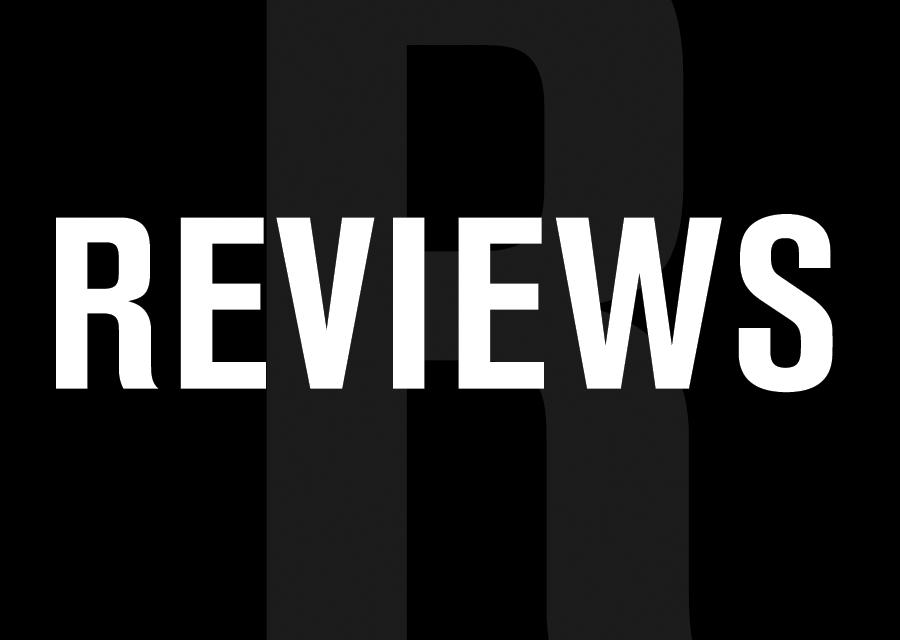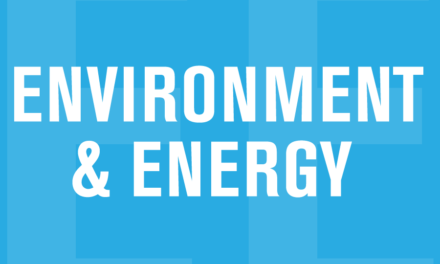Timing may not be everything but it is important. Seth Klein was putting the finishing touches on his climate crisis call to arms A Good War: Mobilizing Canada for the Climate Emergency when COVID-19 hit. The war metaphors for the fight against the virus followed almost immediately and continued at many pandemic constrained Remembrance Day ceremonies last week.
For now at least the pandemic and the resulting economic disruption have resulted in governments spending what it takes to wage war against the virus threat. Parallels have been drawn with World War II when the country’s debt-to-GDP ratio exceeded 100 per cent, more than three times higher than it was at the beginning of 2020. “As in the war, our governments at every level have appropriately dispensed with the festishization of balanced budgets and are spending what is required – deficits be damned,” Klein notes approvingly.
If this unshackled attitude prevails past the pandemic, we will have overcome one major obstacle to confronting the climate emergency – the claim that we can’t afford to take the necessary action. But that remains a big if, and there are many other obstacles in the way of effective action.
Klein, founding director of the British Columbia branch of the Canadian Centre for Policy Alternatives, lays out the case in support of assuming war footing to confront the climate emergency. Taxation and fiscal policy were part of that effort, but so was the sacrifice by Canadians on the battlefields and the home front. Another huge factor was the ingenuity of the industrial sector that built a navy and air force almost from scratch. Equally important was the willingness to learn from the mistakes following World War I and re-build a fairer post-war society.
Similar mobilization to fight climate change while building a more just society will require overcoming what Klein calls the “new climate denialism,” manifest in the fossil fuel industry and among political leaders who say they accept the scientific warnings about climate change “but are in denial about what the scientific reality means for policy or they continue to block progress in less visible ways.”
As for the necessary policy, Klein dismisses market-based approaches pursued to date – incentives, rebates and carbon pricing – as “fiddling at the margins while the planet burns.” His solution, in addition to recognizing the necessity of leaving most of the world’s fossil fuels in the ground – is to decarbonize and electrify everything while ensuring we are no longer generating electricity by burning fossil fuels.
Tough questions
Klein even hazards a guess at an initial price tag for federal climate action – about $48 billion a year. That’s peanuts next to what we’re now spending on emergency benefits and wage subsidies during the war against COVID-19. It gets more expensive, up to about $100 billion a year, when other elements (help for Indigenous communities, housing, child care, health care transformation and tuition relief) of a Green New Deal are added.[1] In addition to those new operating costs, he suggests Green Victory Bonds to invest in capital projects such as high-speed rail, building retrofits and net-zero social housing.
And then there’s the very delicate question of leaving oil and gas in the ground, fighting words in the fossil fuel producing provinces. Klein suggests the key to tackling this is to distinguish between the big five companies that control 80 per cent of the industry and its workers, pointing out that “in the years since the collapse of oil prices in 2014, the major oil companies have continued to record massive profits even as they laid off thousands of people and abandoned communities from which their wealth was amassed.”
Klein concedes that green energy jobs may not pay as well as some oil patch employment has, but free from the boom and bust cycle, they will be more secure and with the expansion of public goods implicit in the Green New Deal “we are all liberated from a great deal of anxiety about how much our employment pays.”
The analysis of what needs to be done is solid and Klein’s parallels with the World War II experience compelling. But going to war against climate change and social injustice will require massive commitment and strong leadership. Unlike during WWII, there are no political leaders in the rich countries with the stature of a Winston Churchill or an FDR to lead the fight.
As Klein puts it: “The prevailing assumption within the leadership of dominant political parties appears to be that if our political leaders were to articulate (let alone undertake) what the climate science tells us is necessary it would be political suicide. And so they don’t.”
Who leads?
With the political class failing to answer the call to arms, Klein passes the torch to “you, the reader of this book. All war stories have their protagonists, villains, victim, naysayers and delayers. In these next 10 years, we will all need to be climate heroes.”
An uplifting message to be sure, but politics is about numbers. A Good War will need to inspire a lot of climate heroes just to lure back those Canadians who, according to polling reported here, have switched their concerns from climate change to health care and the economy since COVID-19 hit.
And then there’s the less than inspiring public response to the war on COVID. The federal government, despite some fumbles in the early going, has stepped up, as in WWII, providing hundreds of billions to allow people to stay home and businesses to survive lockdowns and falling demand for travel and entertainment. But the war against COVID has foundered.
Although polling indicates that most Canadians support tough measures to defeat the virus, the recent surge in infections shows a lack of staying power. We jumped to the conclusion that the enemy was on the run, but instead of crushing it, many provincial governments listened to voices demanding that we get the economy moving again.
As a result, numbers are climbing, and politicians are faced with a choice between more spread or even more spending and draconian measures to get the virus under control. As Andre Picard wrote in the Nov. 16 Globe and Mail : “The wisdom of Solomon and a backbone of steel is a rare combination. Yet, it’s one we all need right now, individually and collectively, to get through this pandemic.”
A similar combination is going to be required to make substantial progress in the battle against climate change. By putting that struggle in the context of a war effort about which most Canadians are proud, A Good War: Mobilizing Canada for the Climate Emergency presents a story we can tell ourselves – we did it before because we had to, and we can do it again.
-30-
[1] Phasing out emergency COVID spending and adding $100 billion a year in new permanent spending would leave the federal government’s debt/GDP ratio well below the G7 average.






The subject of Carbon burning and its effect on the whole environment, the most serious mistake in all of mankind’s disturbing history, should be dealt with through a new and well positioned Ministerial level appointment. This should also be duplicated at the Provincial level to coordinate plans and programs and financing. Only this way can we establish effective leadership and hold government accountable for progress. It should also work to form a new international organization which has authority to enforce Paris Agreement and beyond, protect oceans as their own sovereign entities, designate international wildlands (AmaIzon Rainforest, Coral Reefs, Arctic Sea Ice, etc.), and finance the efforts to enforce their fundamental rights and protections in order to survive. This organization could also help less developed countries develop and finance strategies for non-impacting development. Lastly, and this goes without much hope of ever being heard or accepted, but we must turn our military budgets green. Our military must be used to replant forests and wetlands, protect the earth systems, and lead the way toward a cleaner and more efficient future. Stop destroying and really protect us from ourselves. Enough.
A Good War is an excellent book. It has many very good analogies about what we were able to do very dramatically in WWII and how the lessons from those experiences apply to the Climate Emergency. Thanks for the good review of it.
Author Seth Klein was also interviewed on the Current this morning as it turns out. Governments continue to practice the “new climate denial” as Klein points out and you do as well. Your Sept 16 post illustrates how this continues to happen.
We must join students and Indigenous leaders to mobilize for the kind of response Klein advocates.